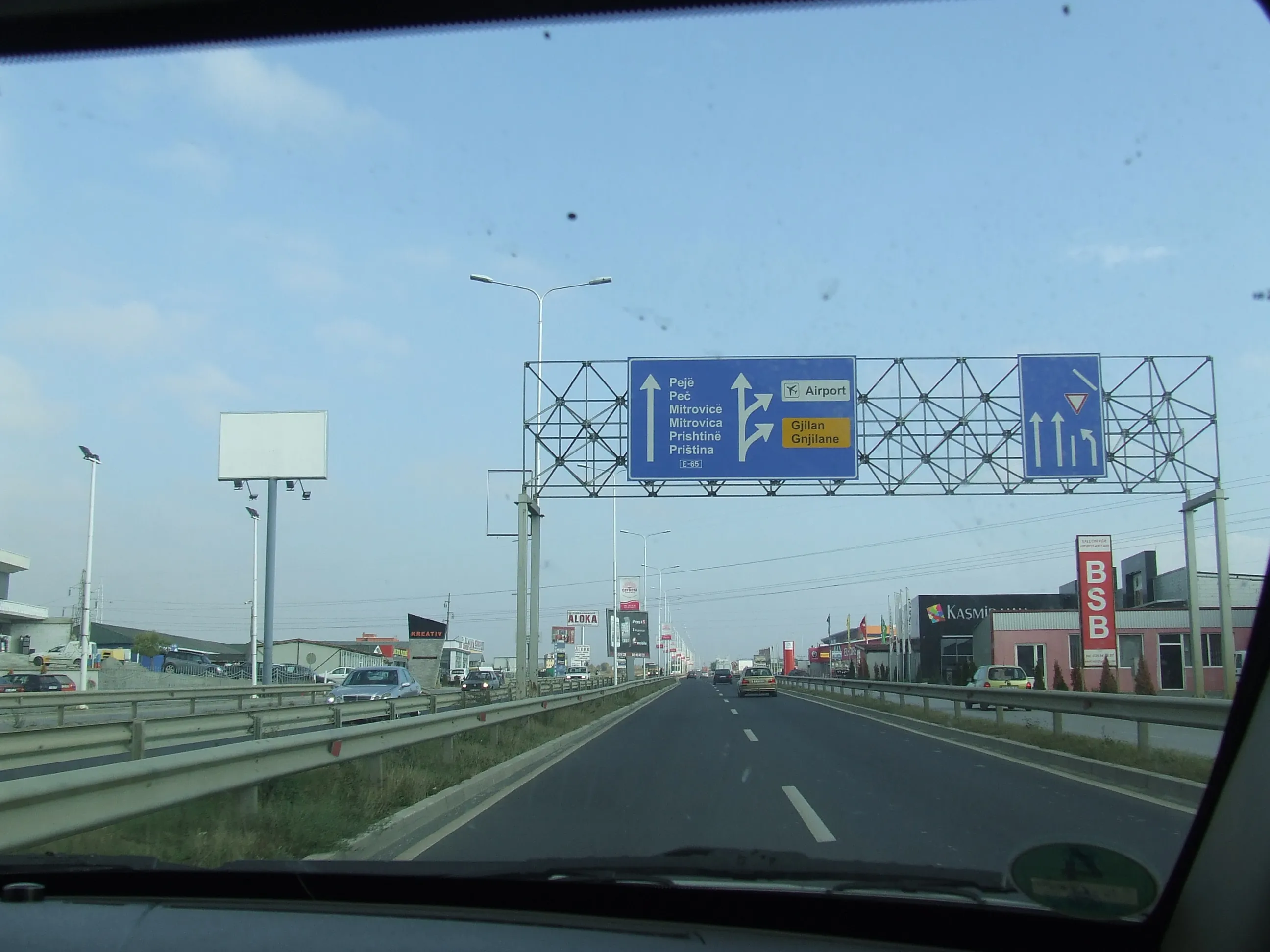A series of major highway construction and road repair projects is planned for Serbia. The World Bank (WB), the European Investment Bank (EIB) and the European Bank for Reconstruction and Development (EBRD) have all been in talks with the Serbian Government concerning funding for the work. Funding worth €408.46 million has been approved by the three banks for programme of highway construction and road repairs.
August 10, 2012
Read time: 2 mins
A series of major highway construction and road repair projects is planned for Serbia. The World Bank (WB), the 1054 European Investment Bank (EIB) and the 1166 European Bank for Reconstruction and Development (EBRD) have all been in talks with the Serbian Government concerning funding for the work. Funding worth €408.46 million has been approved by the three banks for programme of highway construction and road repairs. In all there will be 83 separate projects with 2,300km of roads being upgraded. Serbia has benefited from financing supplied by the WB, EIB and EBRD and since 2001 the three banks have invested a total of €8.6 billion in the country.
In 2008 the three banks approved a total of €1.1 billion for construction of the Corridor 10 highway, which is due for completion in 2013. The Beska Bridge was one of the first key stages of the project to be completed. Consultant1419 Arup has carried out implementation of the environmental management plans that form part of the 230km Corridor 10 project. Construction work is on track on the sections of the Corridor 11 highway financed by the WB. But Serbia’s Ministry of Transport is calling on domestic contractors to carry out construction work on the Corridor 11 highway between Ljig and Boljkovac. The Ministry of Transport is concerned that the work could fall behind schedule and is keen to bring in local firms to help speed construction. Talks have been held between the Serbian Ministry of Transport and contractor 5414 Azvirt, from Azerbaijan, over the issue. Azerbaijan earlier approved a loan of €308 million for construction of 40km of the highway linking Ljig-Boljkovci, Boljkovci-Takovo and Takovo-Preljina.
In 2008 the three banks approved a total of €1.1 billion for construction of the Corridor 10 highway, which is due for completion in 2013. The Beska Bridge was one of the first key stages of the project to be completed. Consultant






